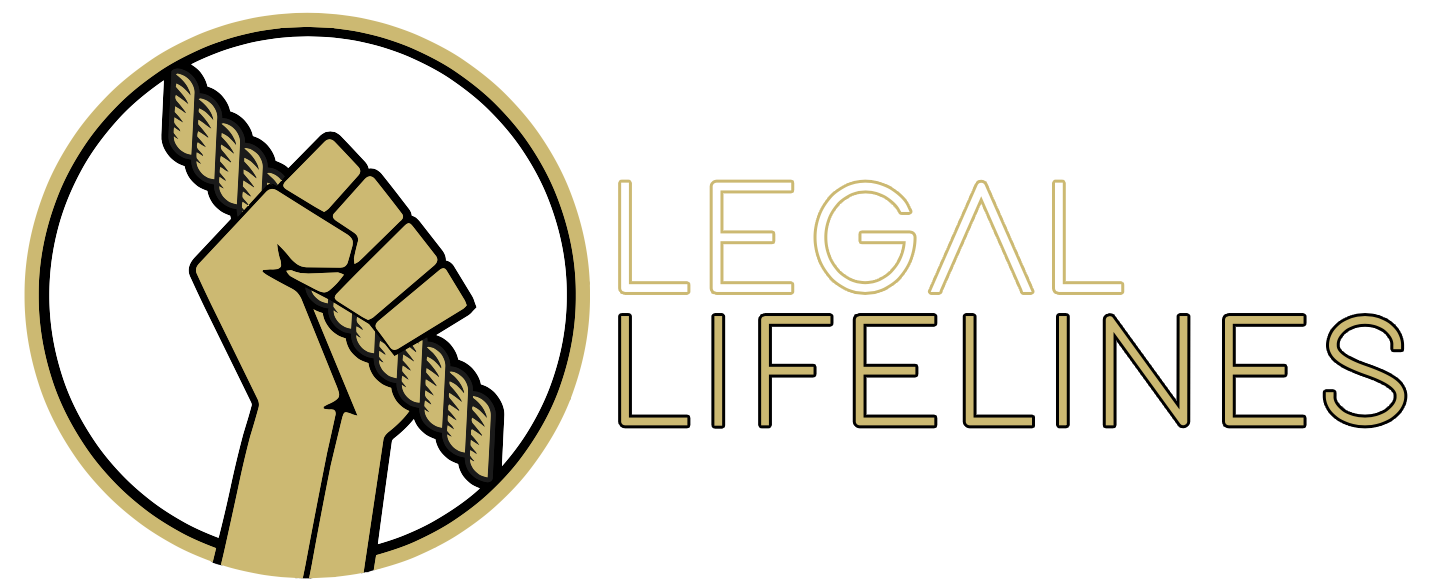Witnesses and Victims of Crime: A Survival Guide
Introduction
The overriding objective of the criminal justice system is in ‘acquitting the innocent and convicting the guilty’1. But another core objective is that of ‘respecting the interests of witnesses, victims and jurors’2.
The reality is that most cases revolve around the willingness of members of the public to step into the witness box and face cross-examination by a defence barrister. But while most complainants want to have their day in court, they approach that day with trepidation or even terror.
Unfortunately, a thousand legal dramas and American cop-shows have left us with a caricature of aggressive lawyers strutting up to the witness box barking questions, of witnesses allowed to answer only ‘yes’ or ‘no’ and judges who let it all happen. When we combine that with a natural reluctance to get involved, and the fear (real or imagined) of reprisals, it is hardly surprising that those who experience crime are reluctant to step into court. The purpose of this article is therefore to dispel some common myths about giving evidence and to highlight some legal measures that are designed to help those giving evidence. Here are some common concerns.



Christopher Whitehouse
Chris is a leading junior with a reputation for winning cases against the odds. He is instructed in high-profile defence work and appears regularly at the Central Criminal Court. He leads other counsel in serious criminal cases as well as appearing with Queen’s Counsel or alone.
Chris’s cases often involve challenging expert evidence such as DNA, cell-site, toxicology and computer/internet use. He often represents those with complex needs, vulnerable defendants and hose suffering mental impairment.
He is trusted by those instructing him to fight their client’s corner fearlessly and to handle the most difficult situations, both inside and outside court. He engages easily with clients to put them at their ease and bring out their best evidence, even in the most serious of allegations.
In 2018 Chris delivered a lecture to the Cabinet Office at in the Treasury on “Fraud, Defence and Disclosure”.
Conclusion
It is in everyone’s interests that criminal allegations are tested rigorously. For that to happen, witnesses and victims of crime must feel confident that, if they are called upon to testify at court, they will be given the breathing space to give their account. But that account must always be capable of being properly challenged by the defence.
Useful Links
Free and independent legal advice
You will never be penalised for asking for legal advice. It is your legal right and it is free of charge.
Remember: the law is complex and it never hurts to get expert advice, even if you are sure you have done nothing wrong.
Ask for Michael Herford and he, or one of his specialist team will provide you with a Legal Lifeline when you need it most.
- This article presumes the search warrant, if a warrant was necessary, was lawful and the subsequent seizure was lawful. Different principles apply where the lawfulness of the search and or seizure is challenged. For a detailed discussion of sections 15 and 16 of PACE and the lawfulness of the seizure see: Westminster College of Computing Ltd, Arasaratnam Arasilango [2020] EWCA Civ 561.
- Offences under the Computer Misuse Act 1990.
- 2019 WL 00982124 – Westminster Magistrates Court DJ Coleman 19 February 2019.


